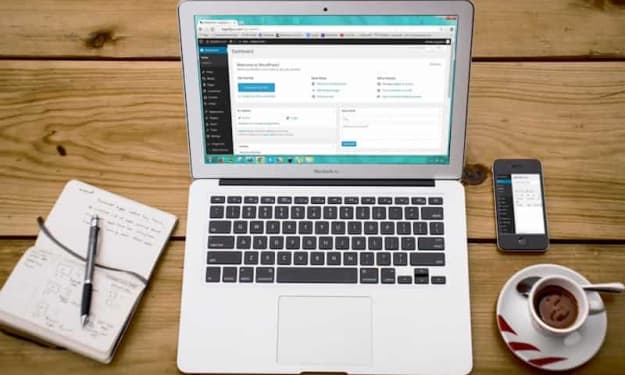How to Setup an PBX Phone System for Effective Communication
PBX Phone System
PBX phone systems (private branch exchange) are business-grade phone systems that connect people within the business. They offer major voice features such as extension dialing, business hours setting and call conferencing.
They can also provide a range of other features such as music on hold and ACD queues. These can help to reduce telephony costs and increase efficiency by allowing employees to work from anywhere.
Cost-Effective
PBX phone system are a cost-effective choice for small and mid-sized businesses. They can be hosted or on-premise, depending on the needs of your company.
The upfront costs of a traditional PBX system include the purchase of a phone switching system, phone handsets, add-on features, cabling, and installation. Plus, ongoing maintenance and security updates will also have to be paid for.
For a business with 20 users, an on-premises PBX can cost over $3,000 per year for hardware, one-time licensing fees and phone costs.
However, a cloud-based PBX can be up and running for under $2,000. It has lower setup and implementation costs, no long-term contracts or service charges, and a more affordable monthly plan.
The key is to choose the right provider for your business. Using a hosted PBX, you can enjoy a scalable and secure platform that offers the features your team needs to be productive and efficient. You can even take advantage of the advanced features that are becoming standard in modern business communications.
Scalable
Scalable phone systems allow you to add lines when your business needs them and to remove them without having to invest in new hardware. This is especially helpful if you’re expanding your team or moving to a new office space.
A PBX system works by connecting your phone lines to a server, which distributes incoming calls based on preset rules or user input. The server can be on-premise or in the cloud, and it’s important to choose one that will scale with your business.
Traditionally, PBX systems are hardwired in a closet or server room at the office and require maintenance and upkeep. However, modern PBX systems are hosted in the cloud and run on VoIP technology.
Unlike traditional PBX phone systems, cloud-based IP PBX deployments are scalable and support a wide range of devices. This is an attractive option for businesses with mobile employees who need access to their phones from anywhere in the world.
Flexible
A pbx phone system can help businesses connect with customers, coworkers, and other organizations. It can also track incoming and outgoing calls, providing important data that can be used to improve customer service.
PBX systems are more flexible than traditional phone services because they can be installed or hosted in the cloud and don’t require onsite hardware. They can also be scalable, which makes them ideal for growing companies.
Another advantage of a pbx is that it can be used across multiple locations and employees can access the system from anywhere with an internet connection. This makes it easier for staff to work from home or travel to remote locations when needed.
PBX also offers features that aren’t available with traditional phone systems, like on-hold music and paging. These features can help reduce stress for callers and increase customer satisfaction. They can even be preselected or specially recorded based on the needs of the business.
Customizable
When choosing a phone system, you want one that will fit your business needs and help you stay connected with customers. You also want one that will be easy to maintain and scale as your business grows.
PBX systems come in a variety of types, so you can find one that’s the right fit for your business. Some of these include on-premise, cloud and hybrid options.
On-premise IP PBXs are in-house based and can offer a range of features, applications and calling services. They can be costly up-front, though, and are often difficult to scale.
Cloud PBX systems are more affordable and easier to manage. They shift the cost of phone service away from your business and are less likely to suffer from downtime or failures. They also allow you to monitor calls, voice quality and other aspects of your communications, which can be useful for improving customer service.






Comments
There are no comments for this story
Be the first to respond and start the conversation.